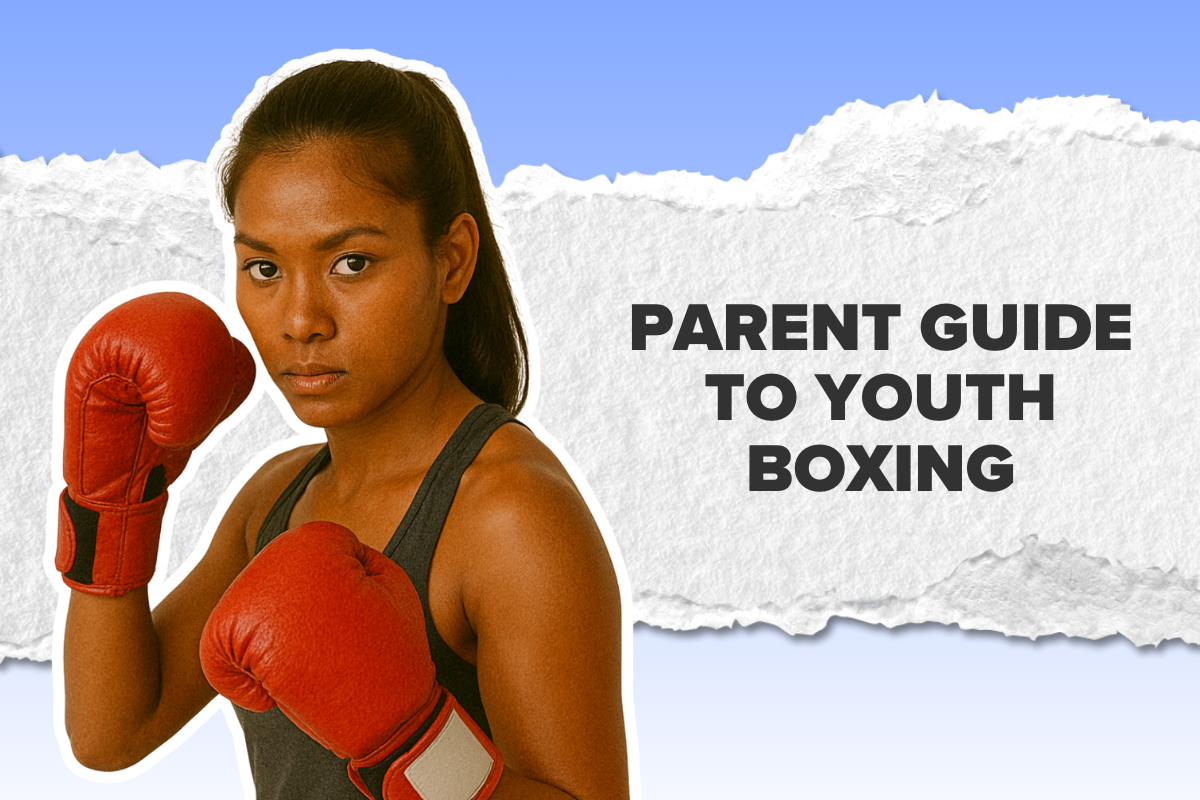Boxing is one of the most rewarding sports out there. It builds strength, endurance, discipline, and confidence—but like any combat sport, safety comes first. For beginners especially, it’s important to learn how to train smart, protect your body, and build a solid foundation before going all-in. Whether you’re stepping into the gym for fitness or to eventually spar, here’s what you need to know about boxing safety.
Why Safety Matters in Boxing
Boxing is high-impact and physically demanding. Without proper precautions, beginners risk injuries like wrist sprains, shoulder strains, or even concussions during sparring. Focusing on safety not only prevents injury—it also helps you build better technique, progress faster, and enjoy the sport long-term.
Essential Safety Tips for Beginner Boxers
1. Start With the Right Gear
Investing in quality equipment is one of the best ways to protect yourself.
-
Hand wraps: Support wrists and knuckles, reducing the risk of sprains.
-
Gloves: Use well-fitted boxing gloves appropriate for your weight and training style.
-
Mouthguard: Even if you’re just sparring lightly, this protects your teeth and jaw.
-
Headgear: Essential for sparring to reduce the impact of punches.
-
Shoes: Boxing or lightweight athletic shoes help prevent ankle injuries.
2. Learn Proper Wrapping and Glove Technique
Improperly wrapped hands are one of the most common beginner mistakes. Ask your coach to show you the correct way to wrap your hands—it can make the difference between safe knuckles and a sprained wrist. Similarly, ensure gloves are snug and secured with Velcro or laces.
3. Warm Up and Cool Down
Never skip warm-ups. Jump rope, light jogging, dynamic stretches, and shadowboxing prepare your muscles and joints for intense movement. After class, cool down with stretches to prevent stiffness and aid recovery.
4. Focus on Technique Over Power
Beginners often want to hit the bag as hard as possible—but bad form increases injury risk. Start by practicing correct stance, guard, and basic punches (jab, cross, hook, uppercut) at moderate speed. Once you’ve mastered form, gradually add power.
5. Build Up Gradually
Don’t expect to train like a pro in your first week. Boxing is intense, and your body needs time to adapt. Begin with 2–3 sessions per week and increase as your fitness improves. Overtraining can lead to burnout or injury.
6. Stay Aware During Sparring
If you choose to spar, communicate with your partner about intensity. Use protective gear, stay calm, and focus on practicing defense as much as offense. Coaches should always supervise beginner sparring.
7. Prioritize Recovery
Boxing is tough on the body, and rest days are part of training. Get enough sleep, stay hydrated, and fuel your body with balanced meals. Recovery also includes stretching, foam rolling, or light yoga to ease muscle soreness.
8. Listen to Your Body
If you feel sharp pain or unusual discomfort, stop. A little soreness is normal, but pushing through injury can sideline you for weeks. Talk to your coach or a medical professional if something feels off.
Common Beginner Mistakes to Avoid
-
Skipping hand wraps – leading to wrist and knuckle injuries.
-
Holding your breath – causes fatigue and dizziness. Remember to breathe with your punches.
-
Neglecting defense – beginners often focus only on punching, but protecting yourself is just as important.
-
Training without supervision – having a qualified coach ensures you’re learning safely and correctly.
The Role of Mental Safety
Boxing isn’t just physical—it’s also mental. For beginners, sparring or even stepping into a gym can feel intimidating. Remember: everyone starts as a beginner. A supportive environment and positive mindset are just as important for long-term safety as protective gear.
Final Thoughts
Boxing is an empowering sport that can transform your body and mind. By prioritizing safety—through proper gear, technique, recovery, and mindset—you’ll reduce injury risk and build a strong foundation for success. Boxing is about longevity, not just intensity, so take it step by step and enjoy the journey.
And if you’re looking for protective gear designed for women, check out KO Studio, a women’s boxing gear company dedicated to helping fighters train safely and confidently from day one.



